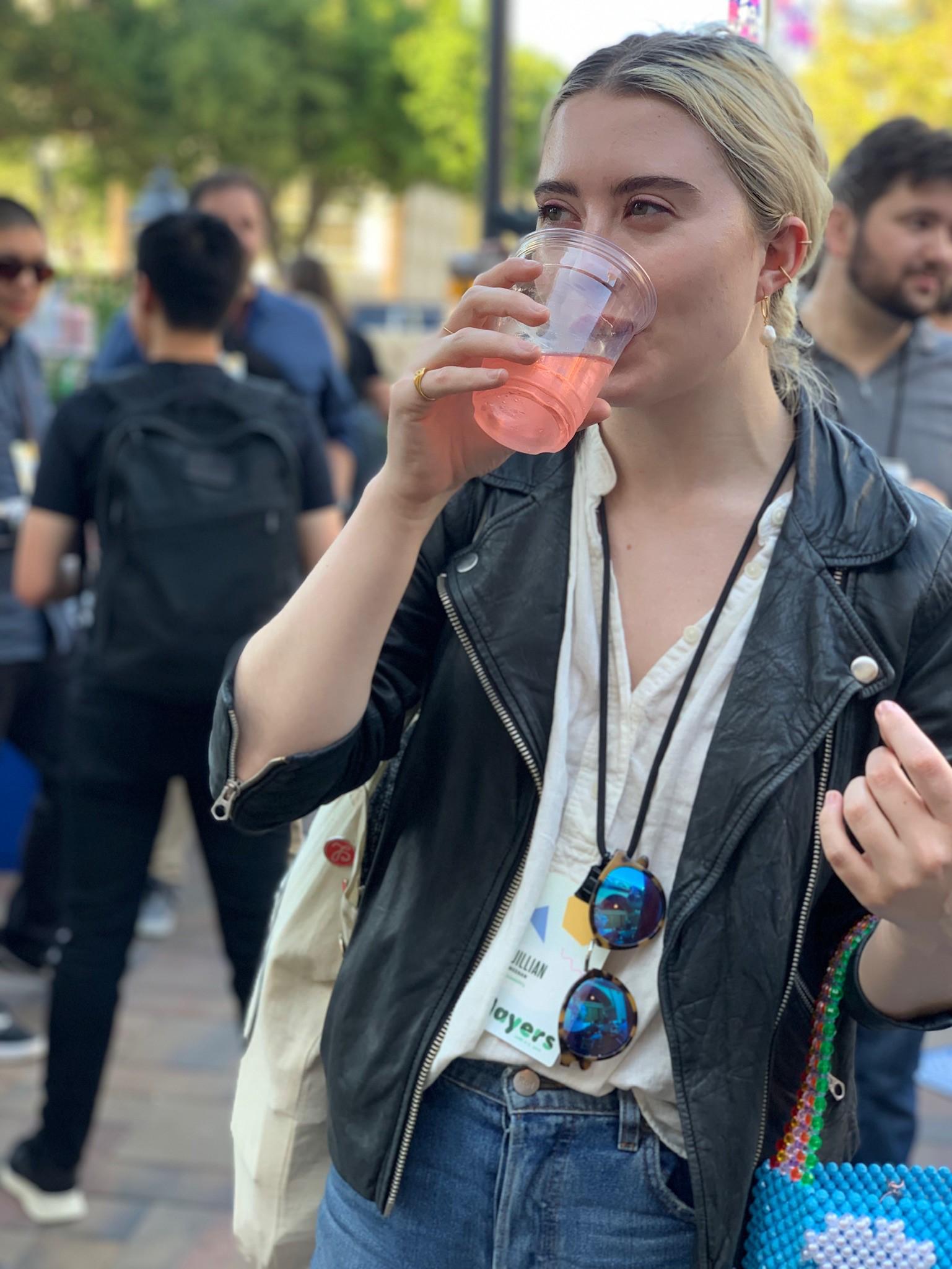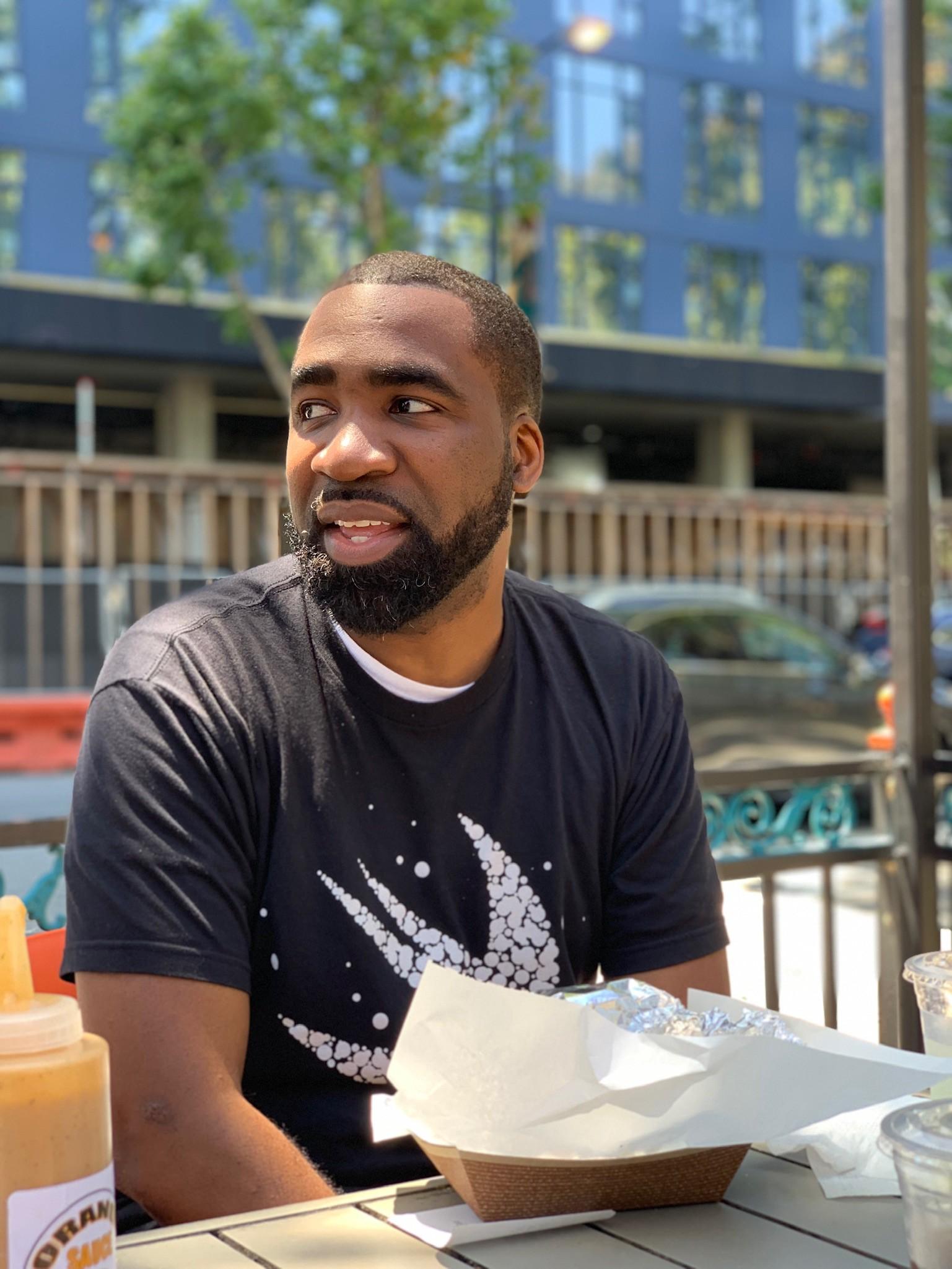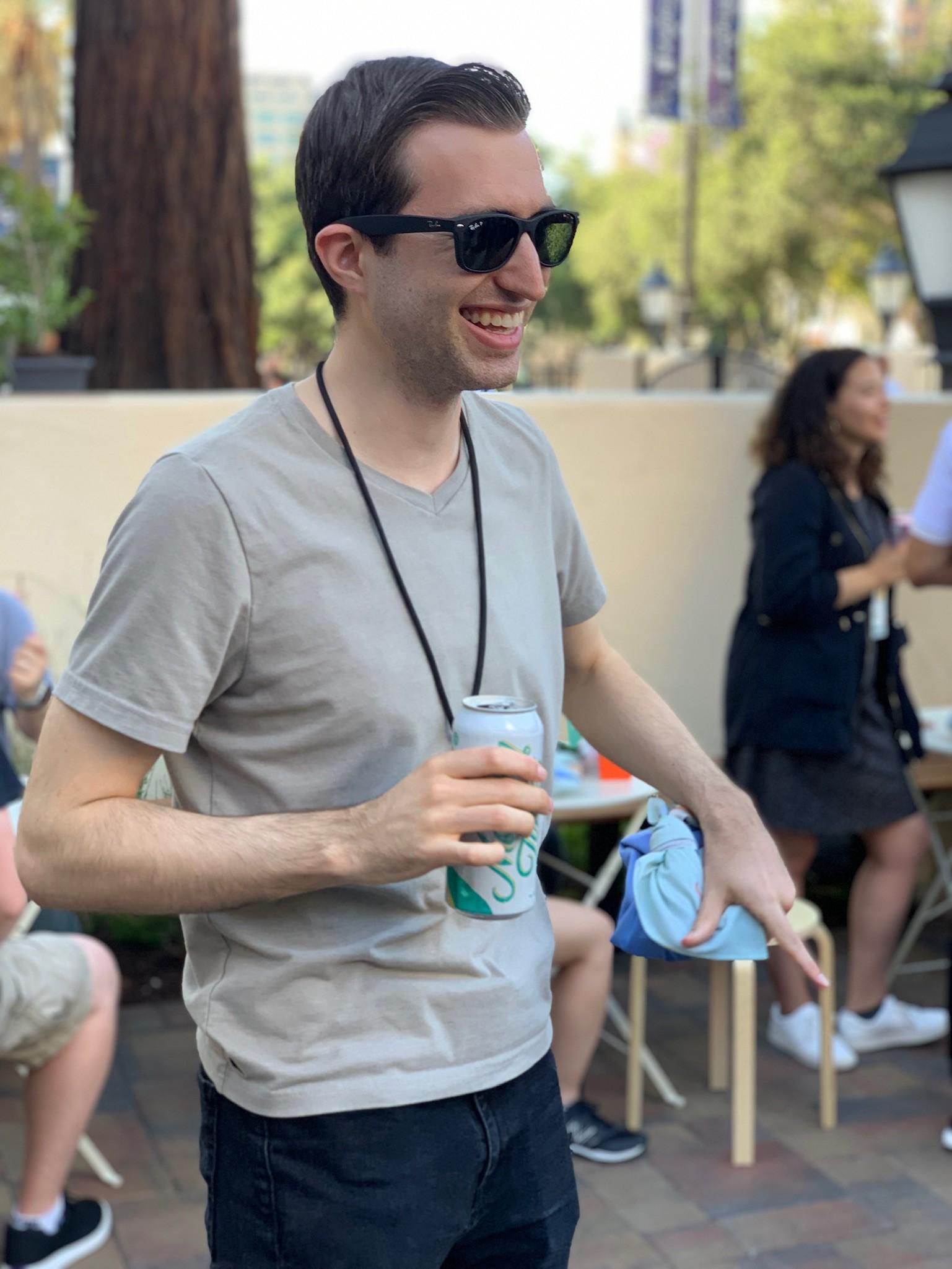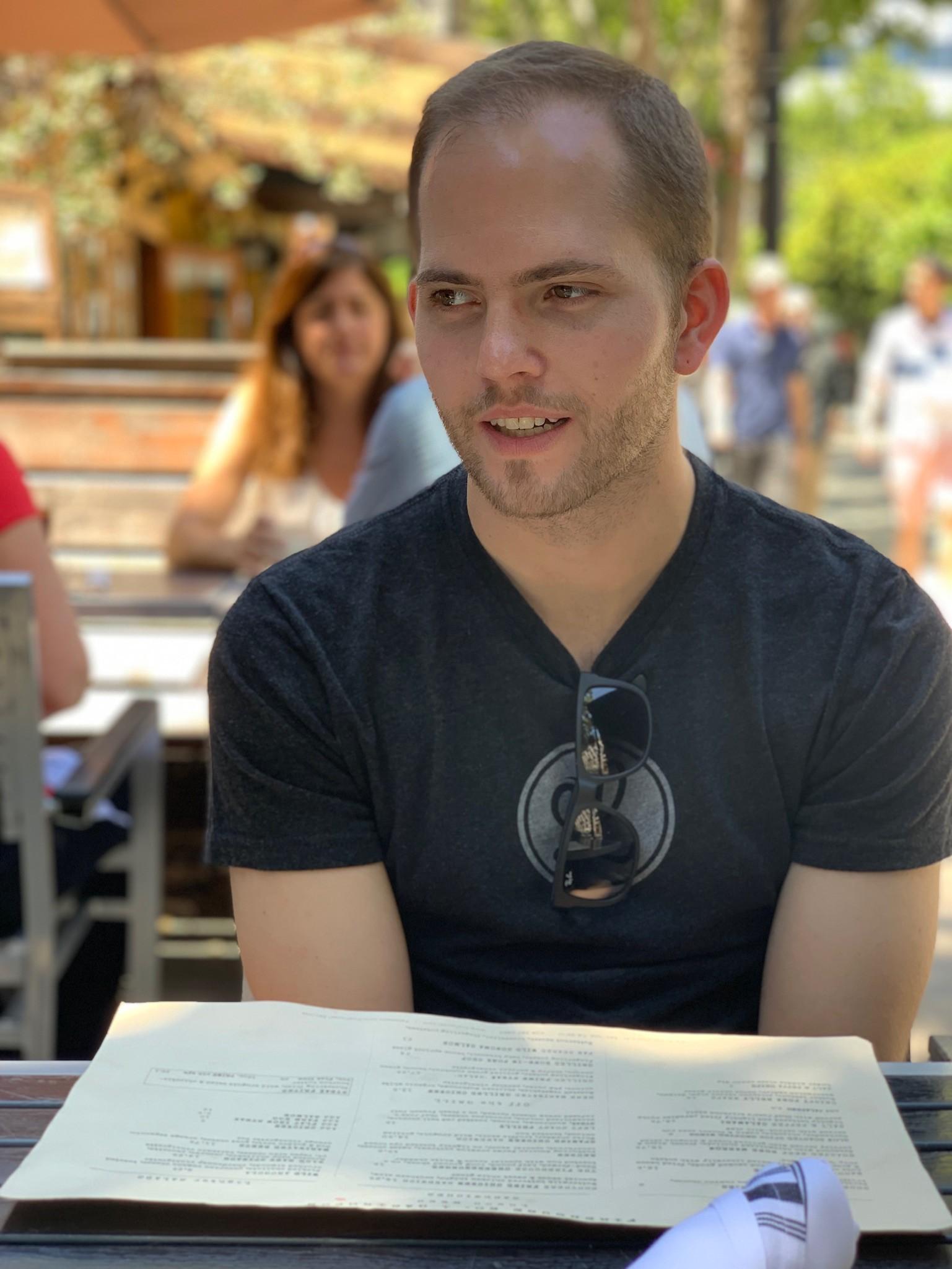Conference Condensed: WWDC 2019
+ Layers and AltConf
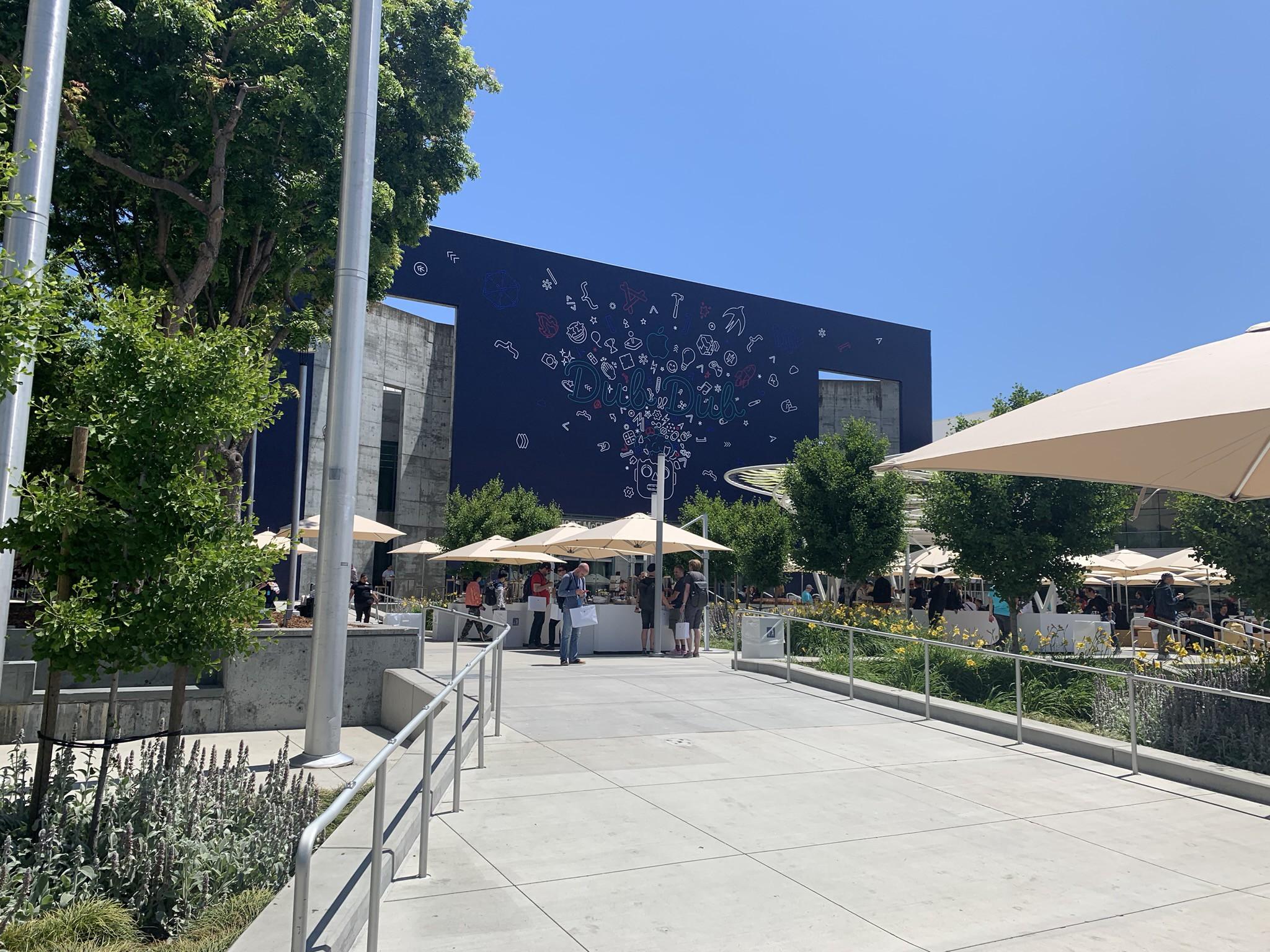
Last week, we sent five Lickability team members to San Jose for WWDC, Layers, and AltConf. This week, we’re giving you a rundown of some of our favorite moments — strap in.
WWDC
Although nobody from Lickability had tickets to WWDC this year, we all took time to sit down together and watch the videos online. We’re still making our way through them, but here are some of our favorites so far:
Advances in Collection View Layout
(WWDC 215)
In Advances in Collection View Layout, Apple introduced UICollectionViewCompositionalLayout and NSCollectionViewCompositionalLayout to much fanfare. In 50 minutes, we learned just how easy it is to take our complicated custom collection view layout subclasses and replace them with a few declarations of the section, group, and item components that comprise the new layout types.
Shout out to NSCollectionLayoutSize and NSCollectionLayoutDimension! No longer will we need complicated logic and math to calculate frames for layout attributes. These classes make it possible to specify item layouts relative to their container size by simply describing what you want upfront using fractionalHeight() and fractionalWidth(), and absolute() when your designs call for a specific item size. It’s also amazingly simple to use visually distinct layouts for each section of your collection view, specify paging behaviors, and nest vertically and horizontally scrolling regions in a single collection view.
We can’t wait to delete all of our likely-inefficient UICollectionViewLayout and UICollectionFlowLayout subclasses!
Adopting Swift Packages
(WWDC 408)
We’ve waited a long time, having to rely on open source tools like Cocoapods and Carthage, but that wait is finally over. Apple is finally bringing first class third-party dependency management to Xcode, with Swift Packages. The syntax for defining how a package behaves remains the same from previous years, so any third-party libraries that have already been defined that way will work starting today. With GitHub already signed on to provide support, we can’t wait until existing packages are updated to support the newly integrated Swift Package Manager.
Advances in Foundation
(WWDC 723)
Advances in Foundation is like many of our favorite WWDC sessions in years past: it doesn’t completely change everything we know about app development by introducing a new framework, language, or technology. Rather, we’re introduced to a number of quality-of-life improvements to the things we use on a daily basis that make our jobs less prone to error or repetitive. This session was jam-packed with more than a dozen Foundation improvements that had us clapping along with the audience. To name a few highlights:
addBarrierBlockonOperationQueue😯- Ordered collection diffing 🎉
ListFormatter🤩RelativeDateTimeFormatter🤯 You’re gonna want to watch this short session at half speed to absorb everything!
Great Developer Habits
(WWDC 239)
This was an excellent talk from Apple going over the habits great developers practice when making applications. It resonated with us because, even though the habits they mentioned focused on best practices in development, they are relatable and easily applicable in any daily workflow. The talk focused on 8 key points:
- Organize — organize your work functionally, group related information, keep your work up to date, have a zero tolerance policy for those small errors so they don’t pile up
- Track — use source control whenever you can and write detailed comments on your work
- Document — your comments should not only explain what something is for but why it was created, document things that are reusable so you don’t waste time redoing work, be descriptive when naming files
- Test — have your work checked as part of your regular practice, getting a second set of eyes on something is a great way to catch small mistakes
- Analyze — try and think about all the different ways your work will be received, don’t just look at it from your perspective, be efficient
- Evaluate — leverage the community’s knowledge if you are stuck or are less experienced, spend the time when reviewing other’s work, don’t just skim, ensure consistency
- Decouple — scale your work across everything you do when possible, share what you know with the community
- Manage — understand the tools you depend on, have plan for if they are no longer useable
AltConf
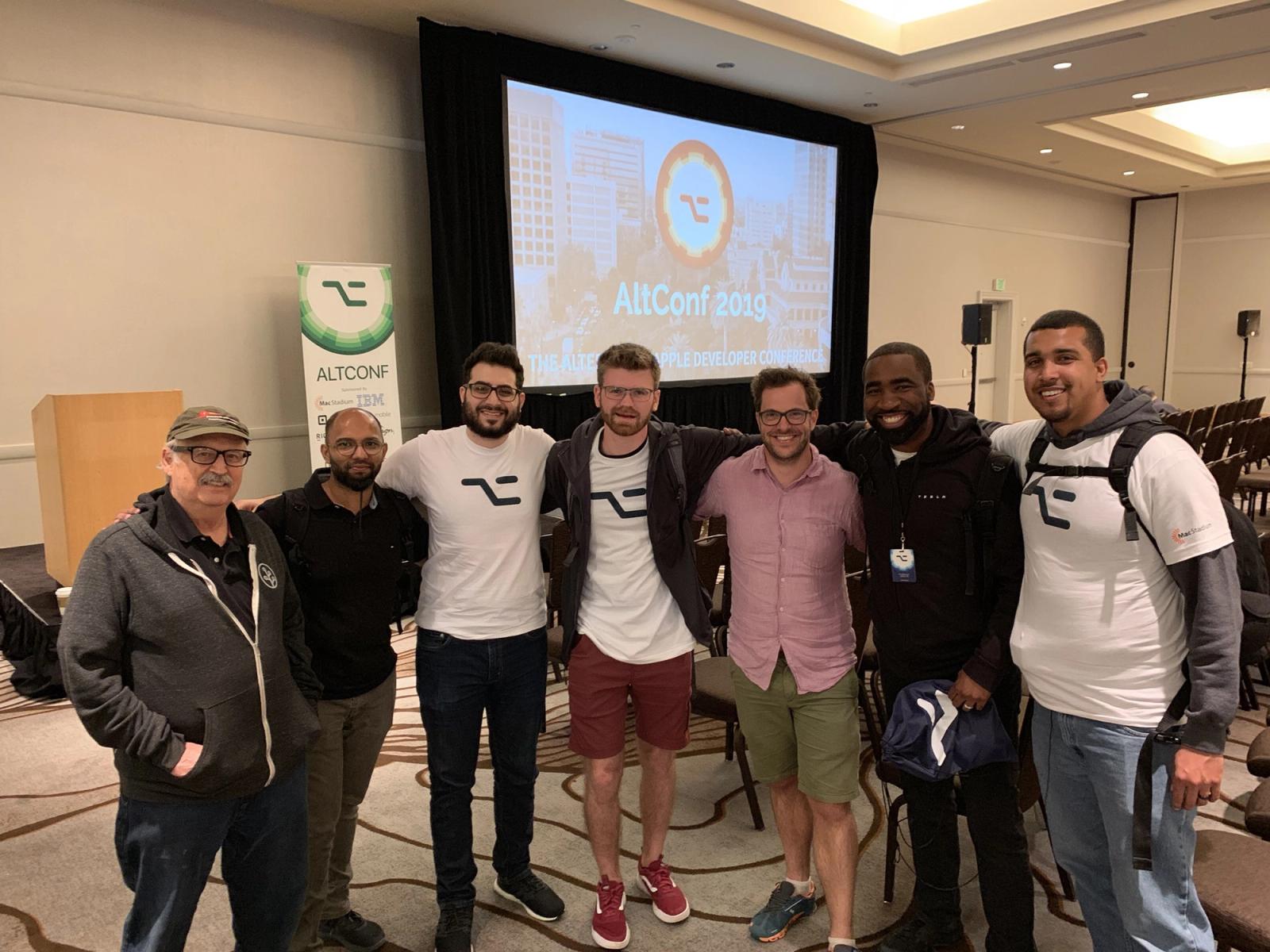
Even if you don’t get the golden ticket to attend Apple’s conference, being in the same city as WWDC is such a fun time for anyone in the iOS community. It’s a week filled with goodies, exciting announcements, and friends.
A couple of us used our time in San Jose to attend AltConf this year, which had really awesome talks, interesting workshops, and plenty of chances to mingle with some great folks. And, as a slightly bittersweet bonus, it was held in a hotel right next to the San Jose Convention Center that WWDC was in, which meant we were able to interact with quite a few developers who were trekking back and forth between the two conferences.
The talks and workshops we attended at AltConf were great — especially one workshop where we had a chance to play with the latest CoreML updates that allow you to update your models on device — but we really want to shout out the amazing experience of getting to hang out with friends and meet lots of new people. That’s always, hands down, our favorite part of the week. All in all, AltConf is a great conference, and one of our favorites every year.
Layers
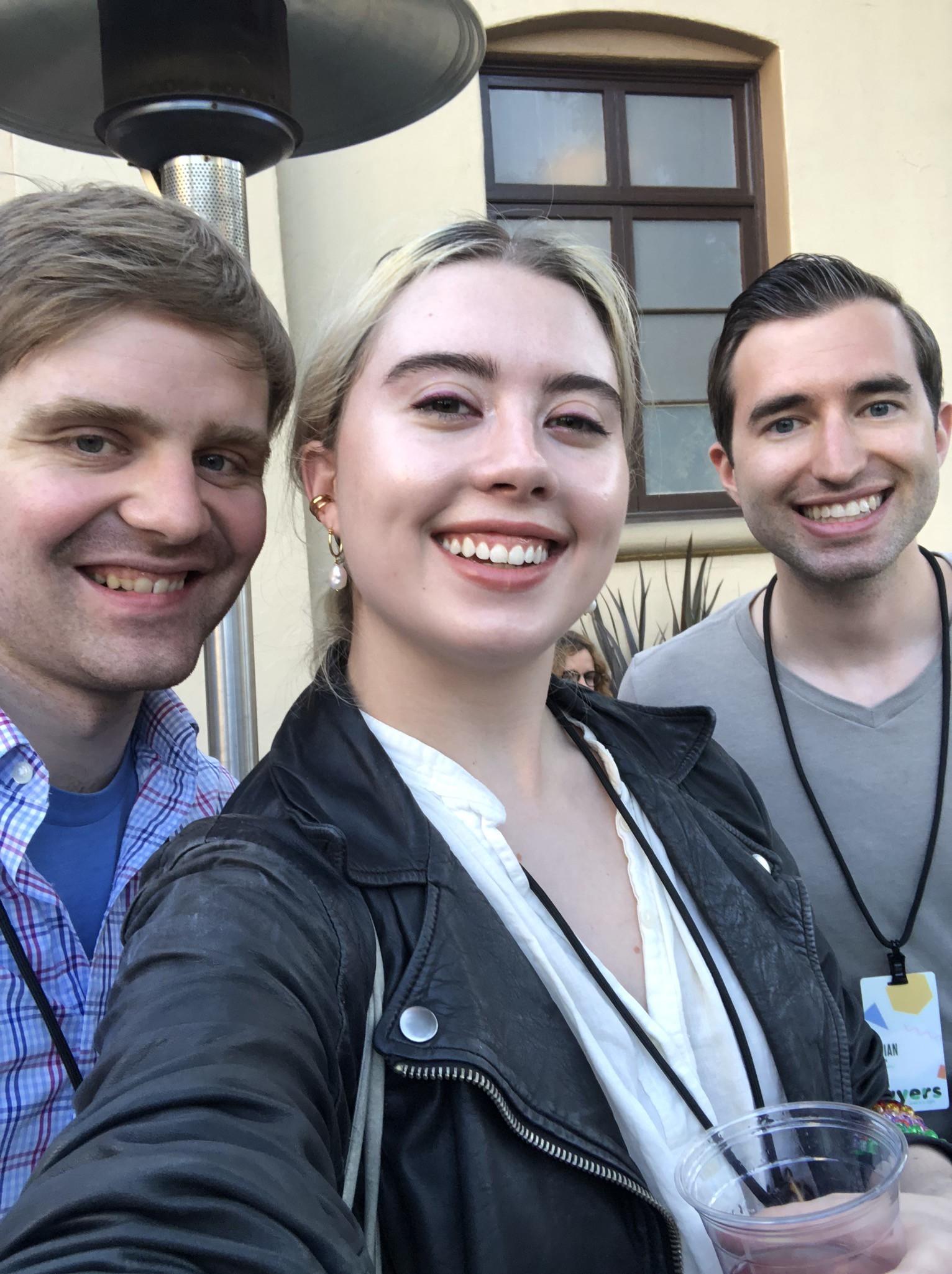
This year, three of us went to Layers, a single-track design and tech conference with amazing snacks. Layers is incredibly well-run, and if you haven’t been, we highly recommend going. Here are a few highlights from this year:
Kelli Anderson
As we walked into the theater to see Kelli Anderson, we were each handed a piece of paper that looked like this. Before she began her talk, Kelli instructed us to start folding the paper along all of the score lines. As we folded, we learned who Kelli is: a designer, a paper engineer, and just a generally very cool person. She made books like This Book Is A Camera, and This Book Is A Planetarium. She made a record player out of paper for her friends’ wedding invitations — yes, really. And she made an “existential calculator” volvelle wheel, a fun and creative way to solve the age-old question: “Should I take that job?”
By the time Kelli finished walking us through the joys of creating art with paper, we were done folding and ready for the next step of the talk: building our paper flexagons. She showed us how to take the flat pieces of paper we had all been given and turn them into something dynamic and fun in just a few minutes — an A+ Layers experience.
Linzi Berry
Linzi Berry, who leads design systems at Lyft, gave an inspiring and useful talk on design systems at the company and how she and the team used them to encode inclusive design for people of all abilities. She covered why accessible design matters, and discussed some of the tools she used at Lyft to ensure contrast and sizing was as readable as possible for all users. Most importantly, Linzi imparted some organizational anecdotes and wisdom about how to talk to others at your company, even a large one like Lyft, to obtain support for unified design systems and accessible design (spoiler: it included selfie sticks!).
The talk left us energized about making design work for everyone and armed with the knowledge to start building more inclusive interfaces!
May-Li Khoe
What is there to say about May-Li Khoe that hasn’t already been said? As a designer, dancer, DJ, and polymath, May-Li has worked on everything from art project protests to multitouch interfaces at Apple.
Her talk at Layers focused on her mission in life and the thread that runs through all her recent projects: joyfully subverting the status quo. May-Li is “from a lot of places” and part of her upbringing all over the world taught her to think of her life as a blank canvas, not a checklist or a linear graph.
With vivid examples from activism (BBQ ‘N While Black and Futbolistias for Life), art (We Are Against the Wall), and technology (Photo Booth and her new app Scribble Together, with Bridger Maxwell), she reminded us that designers are people that visualize what could be, help bring other people along, and help them to see it with us. She taught us that designers have a responsibility to subvert broken politics, systems, and power structures. May Li invited all of us to “make some friends and start some shit.” And that’s exactly what we plan to do.
